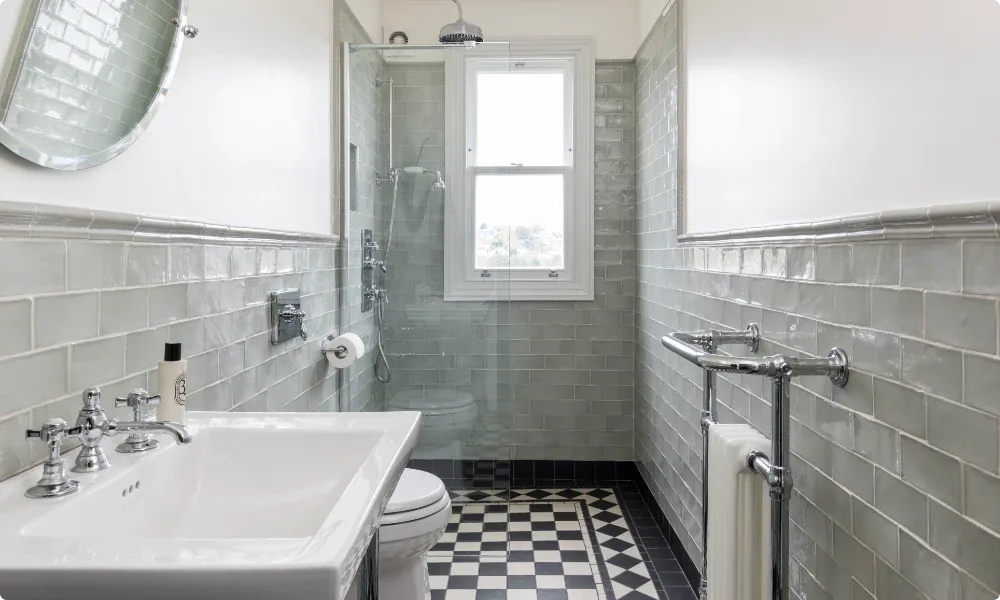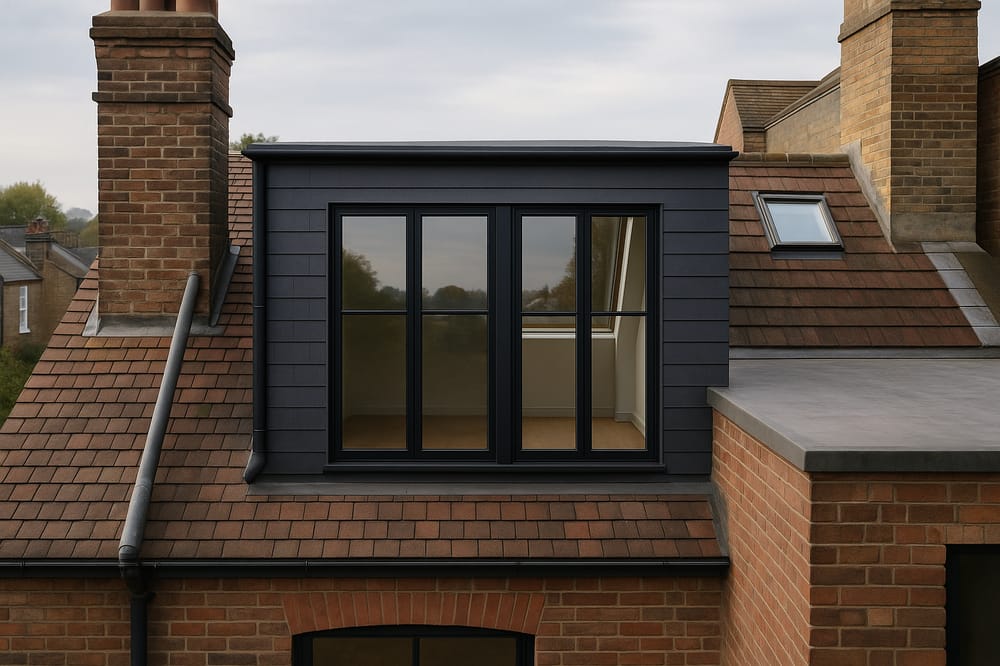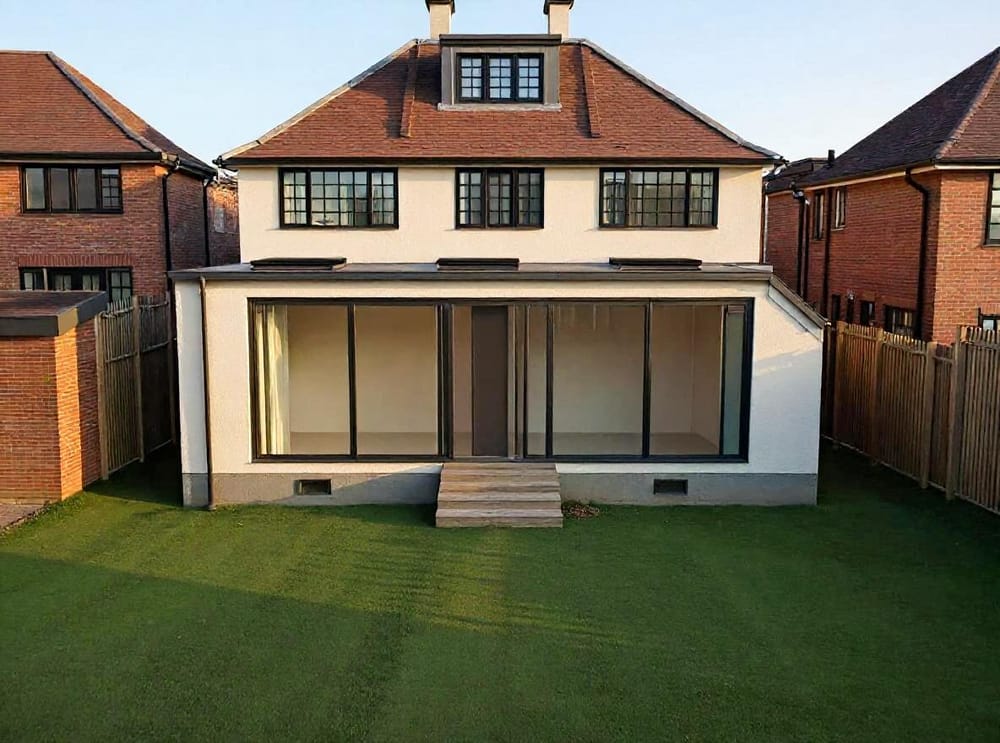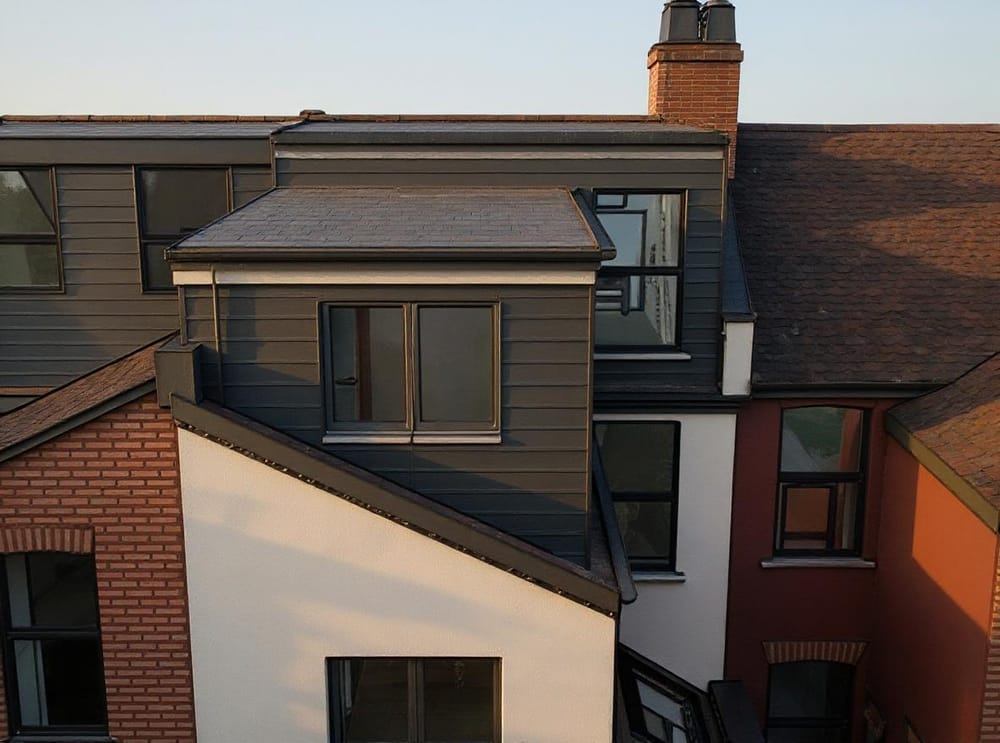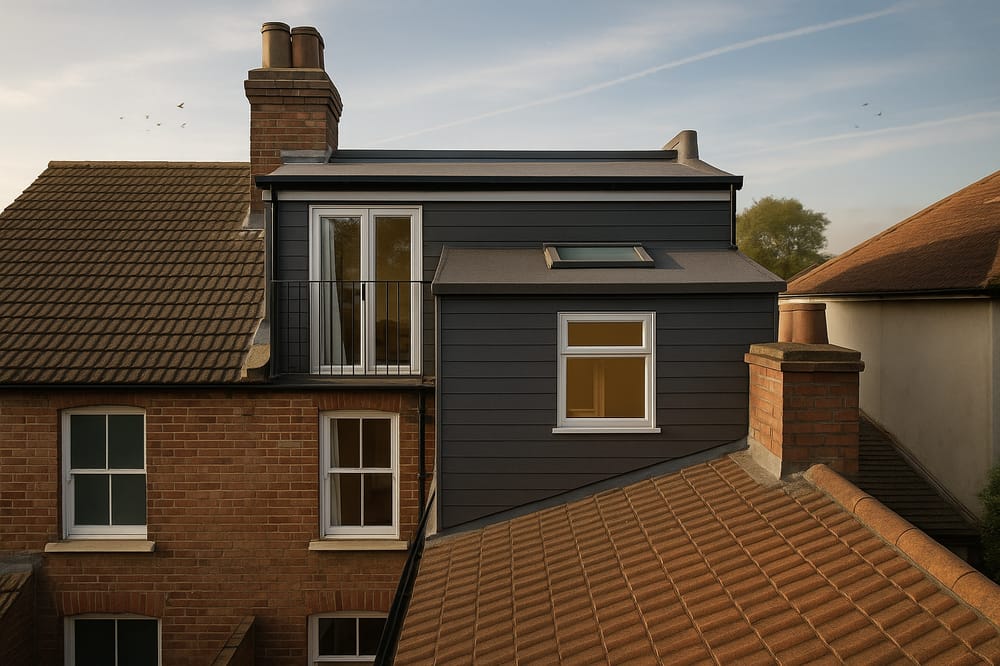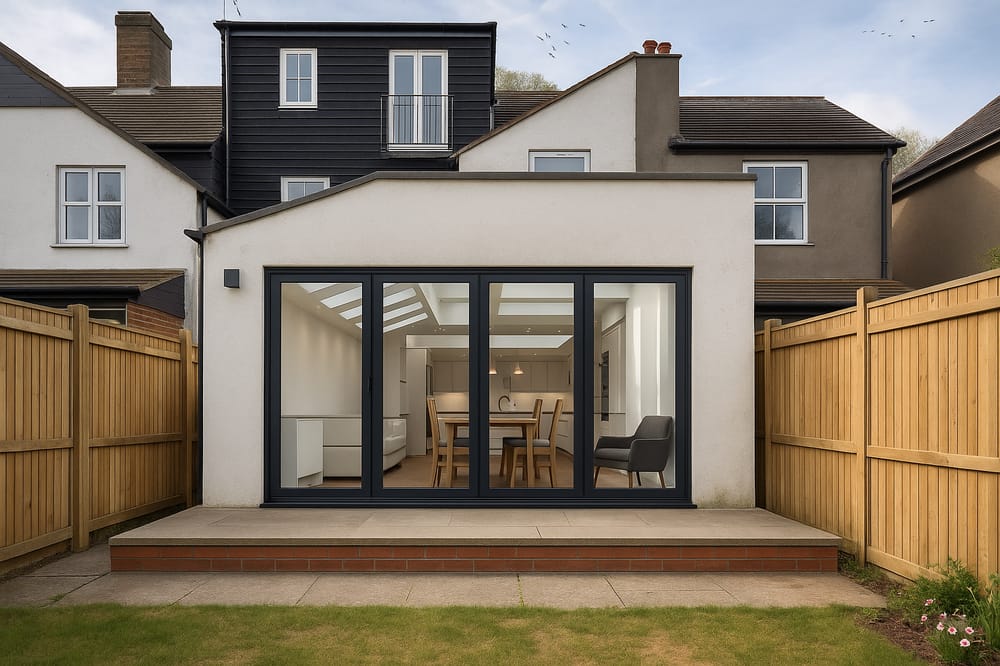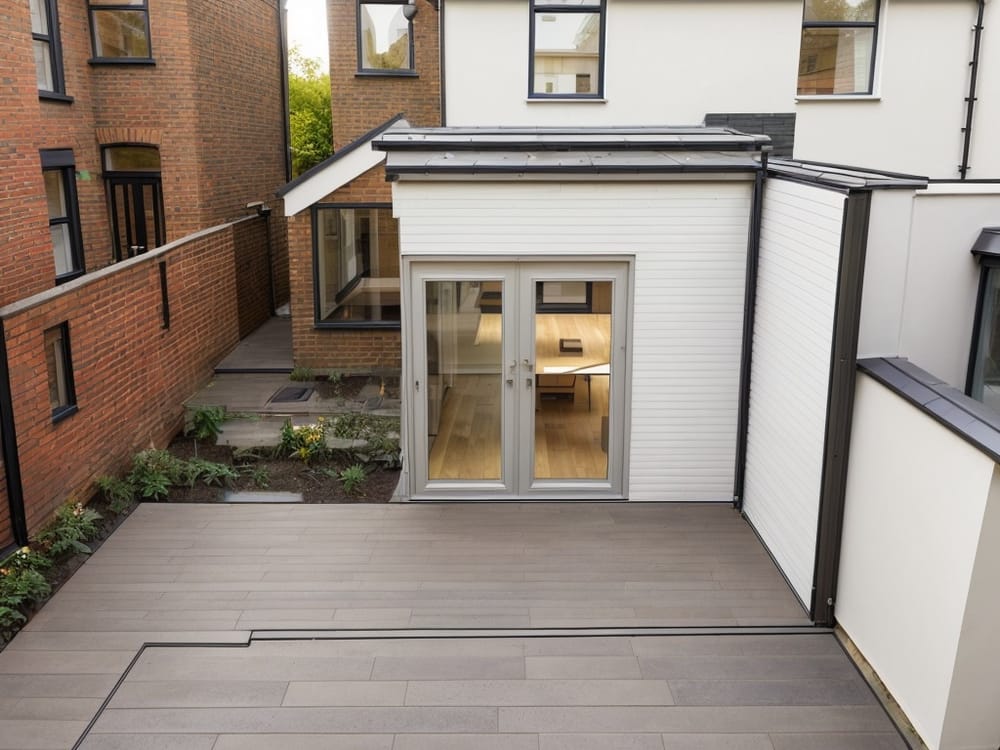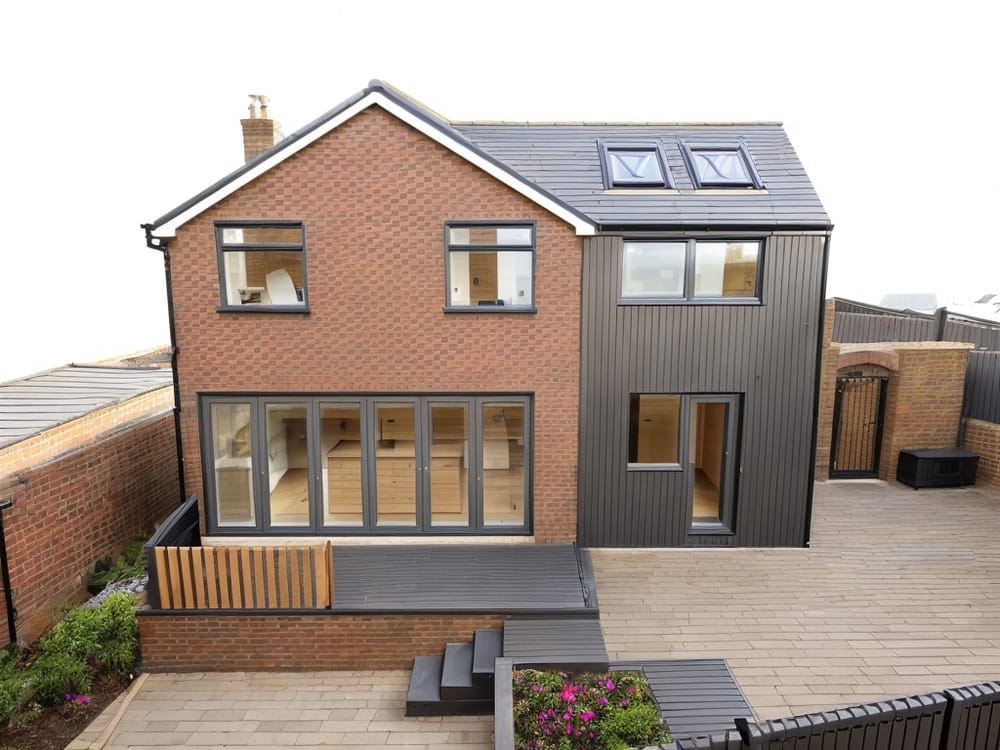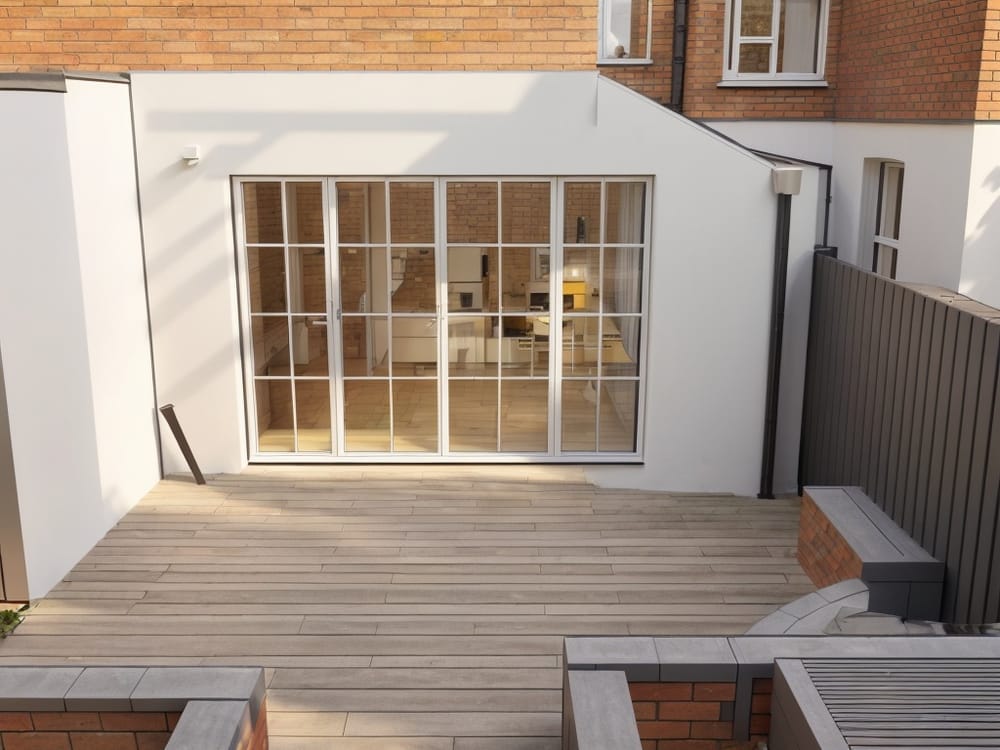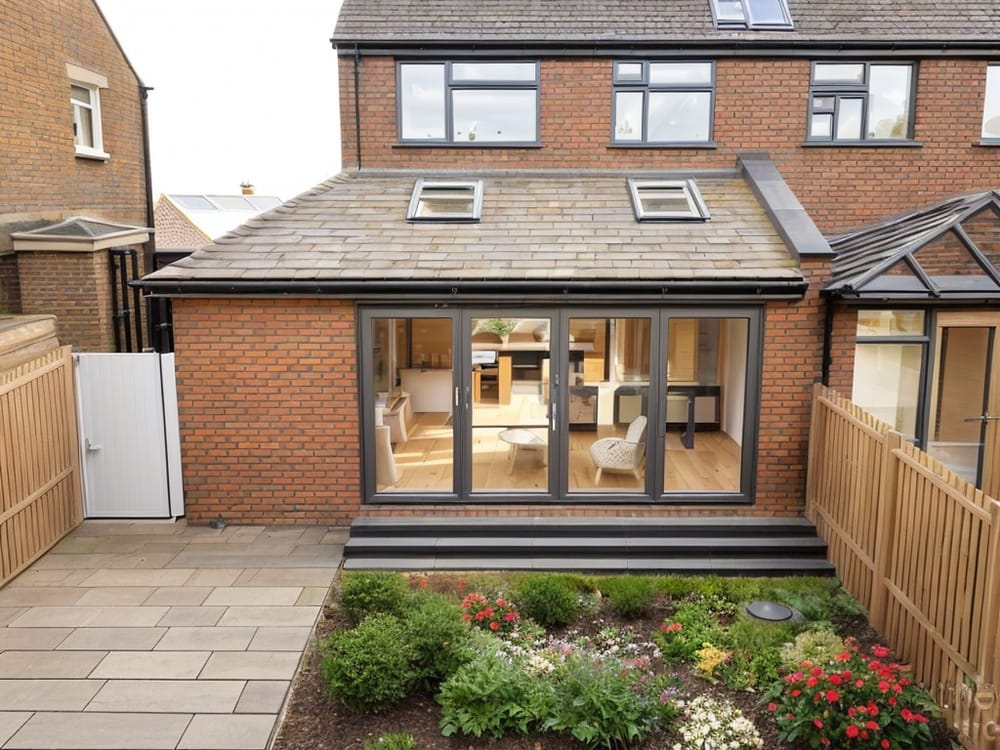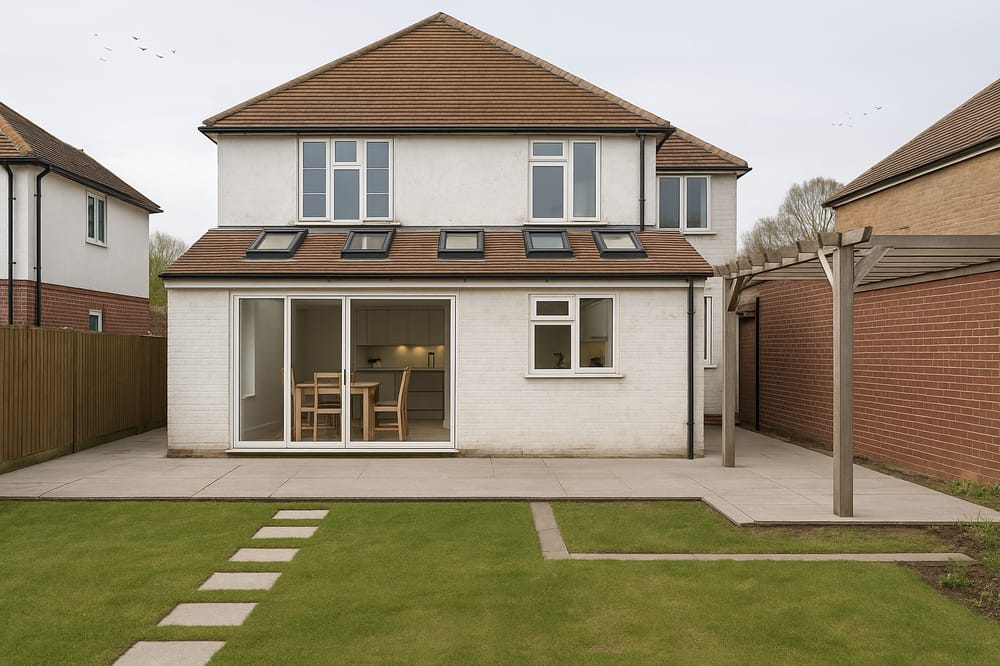Wouldn’t it be great if someone stepped in to cover the cost of those most vital home improvements? Whether this is making your home more energy-efficient, or having a property which can accommodate your physical needs, there is help out there for homeowners.
Here are the home improvement grants available for UK residents in 2021…
Green Home Grant
Introduced in 2020, this grant allows homeowners and residential landlords to apply for a Green Home Grant voucher. This will help cover some of the costs associated with installing energy-efficient home improvements.
These vouchers can be worth up to £5,000 for average homeowners, and £10,000 for disadvantaged households. Those in the former category are expected to finance part of the project themselves.
Here are the rules you need to bear in mind when applying…
For average homeowners, the scheme will only cover two-thirds of the costs involved. Therefore, if your project costs around £4,000, the voucher will be worth £2,680.
If you or a member of your household receives one of the qualifying means-tested benefits, then the scheme will cover 100% of the costs involved, up to £10,000. However, landlords cannot benefit from this side of the grant.
There are two categories of projects the voucher can be used for: primary and secondary. In order to undertake anything on the secondary list, you must first undertake a primary project. What’s more, the cost of your secondary project cannot exceed the amount spent on the primary works.
For example, if you received £400 to insulate a cavity wall, you can only receive up to £400 to complete a secondary project, such as draught-proofing.
- You must make sure the work is scheduled to be completed by 31st March 2022.
Learn more about the Green Home Grant.

Are you looking to make a greener home? See if your project qualifies for the Green Home Grant
Insulation grants
If you’ve got your sights on small scale eco-improvements, there are a number of grants out there which can help you claim home-boosting freebies. These are mostly aimed at recipients of other government benefit schemes, such as universal credit, tax credits, pension credit, or income-based benefits.
If you fall into any of the above categories, you might be able to claim…
Cavity wall insulation. If your home was built between 1920 and 1990, there’s a good chance your home has gaps between the internal and external walls. By filling these cavities (either with mineral wool or foam) you could potentially save hundreds each year on energy bills.
Loft insulation. If your roof lacks proper insulation, you could be losing up to a quarter of your home’s heat as it travels up, up, and away. Mineral wool is commonly used to cover your rafters and stop this energy escape from happening.
There are two energy providers who are offering to cover the cost of addressing these two issues - E.On and EDF. If you’re an existing customer to these companies and you meet their eligibility criteria, make sure you check to see if your home needs a little extra insulation.
See more details on E.On provided grants.
See more details on EDF provided grants.

